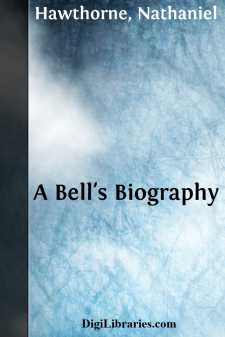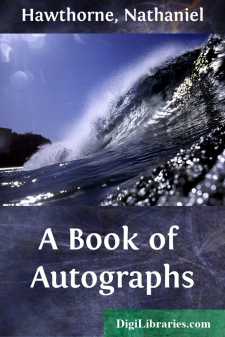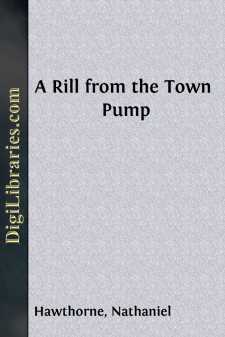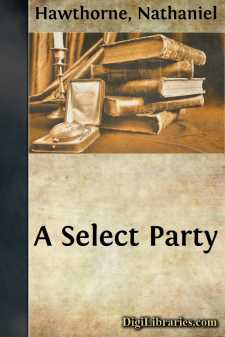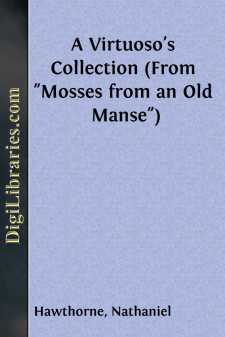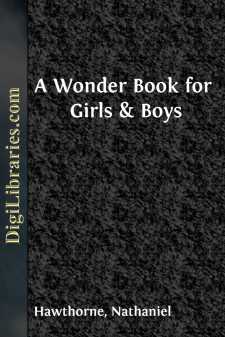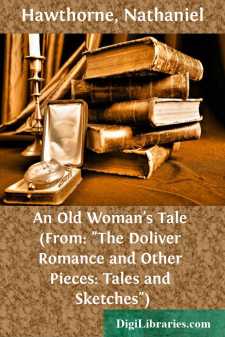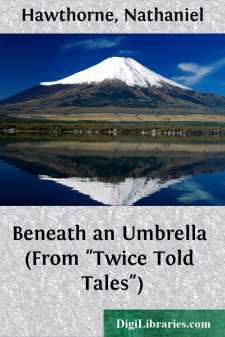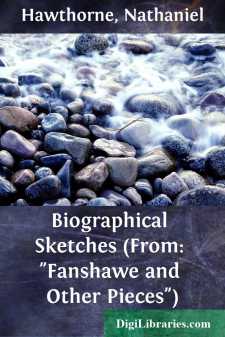Categories
- Antiques & Collectibles 13
- Architecture 36
- Art 48
- Bibles 22
- Biography & Autobiography 813
- Body, Mind & Spirit 142
- Business & Economics 28
- Children's Books 17
- Children's Fiction 14
- Computers 4
- Cooking 94
- Crafts & Hobbies 4
- Drama 346
- Education 46
- Family & Relationships 57
- Fiction 11829
- Games 19
- Gardening 17
- Health & Fitness 34
- History 1377
- House & Home 1
- Humor 147
- Juvenile Fiction 1873
- Juvenile Nonfiction 202
- Language Arts & Disciplines 88
- Law 16
- Literary Collections 686
- Literary Criticism 179
- Mathematics 13
- Medical 41
- Music 40
- Nature 179
- Non-Classifiable 1768
- Performing Arts 7
- Periodicals 1453
- Philosophy 64
- Photography 2
- Poetry 896
- Political Science 203
- Psychology 42
- Reference 154
- Religion 513
- Science 126
- Self-Help 84
- Social Science 81
- Sports & Recreation 34
- Study Aids 3
- Technology & Engineering 59
- Transportation 23
- Travel 463
- True Crime 29
Nathaniel Hawthorne
Nathaniel Hawthorne was a prominent American novelist and short story writer of the 19th century, known for his exploration of themes such as sin, guilt, and moral complexity. His most famous works include "The Scarlet Letter" and "The House of the Seven Gables," which are quintessential examples of dark romanticism. Hawthorne's writing often delves into the Puritanical history of New England, reflecting on the human condition and societal norms.
Author's Books:
Sort by:
Hearken to our neighbor with the iron tongue. While I sit musing over my sheet of foolscap, he emphatically tells the hour, in tones loud enough for all the town to hear, though doubtless intended only as a gentle hint to myself, that I may begin his biography before the evening shall be further wasted. Unquestionably, a personage in such an elevated position, and making so great a noise in the world,...
more...
We have before us a volume of autograph letters, chiefly of soldiers and statesmen of the Revolution, and addressed to a good and brave man, General Palmer, who himself drew his sword in the cause. They are profitable reading in a quiet afternoon, and in a mood withdrawn from too intimate relation with the present time; so that we can glide backward some three quarters of a century, and surround...
more...
NOON, by the North clock! Noon, by the east! High noon, too, by these hot sunbeams, which fall, scarcely aslope, upon my head, and almost make the water bubble and smoke, in the trough under my nose. Truly, we public characters have a tough time of it! And, among all the town officers, chosen at March meeting, where is he that sustains, for a single year, the burden of such manifold duties as are...
more...
The man of fancy made an entertainment at one of his castles in the air, and invited a select number of distinguished personages to favor him with their presence. The mansion, though less splendid than many that have been situated in the same region, was nevertheless of a magnificence such as is seldom witnessed by those acquainted only with terrestrial architecture. Its strong foundations and massive...
more...
The other day, having a leisure hour at my disposal, I stepped into a new museum, to which my notice was casually drawn by a small and unobtrusive sign: "TO BE SEEN HERE, A VIRTUOSO'S COLLECTION." Such was the simple yet not altogether unpromising announcement that turned my steps aside for a little while from the sunny sidewalk of our principal thoroughfare. Mounting a sombre staircase, I...
more...
INTRODUCTORY TOTHE GORGON’S HEAD ENEATH the porch of the country-seat called Tanglewood, one fine autumnal morning, was assembled a merry party of little folks, with a tall youth in the midst of them. They had planned a nutting expedition, and were impatiently waiting for the mists to roll up the hill-slopes, and for the sun to pour the warmth of the Indian summer over the fields and pastures, and...
more...
In the house where I was born, there used to be an old woman crouching all day long over the kitchen fire, with her elbows on her knees and her feet in the ashes. Once in a while she took a turn at the spit, and she never lacked a coarse gray stocking in her lap, the foot about half finished; it tapered away with her own waning life, and she knit the toe-stitch on the day of her death. She made it her...
more...
Pleasant is a rainy winter's day, within doors! The best study for such a day, or the best amusement,âcall it which you will,âis a book of travels, describing scenes the most unlike that sombre one, which is mistily presented through the windows. I have experienced, that fancy is then most successful in imparting distinct shapes and vivid colors to the objects which the author has spread...
more...
The character of this female suggests a train of thought which will form as natural an Introduction to her story, as most of the Prefaces to Gay's Fables, or the tales of Prior; besides that, the general soundness of the moral may excuse any want of present applicability. We will not look for a living resemblance of Mrs. Hutchinson, though the search might not be altogether fruitless. But there...
more...
CHAPTER I. When Edward Temple was about eight or nine years old he was afflicted with a disorder of the eyes. It was so severe, and his sight was naturally so delicate, that the surgeon felt some apprehensions lest the boy should become totally blind. He therefore gave strict directions to keep him in a darkened chamber, with a bandage over his eyes. Not a ray of the blessed light of heaven could be...
more...


